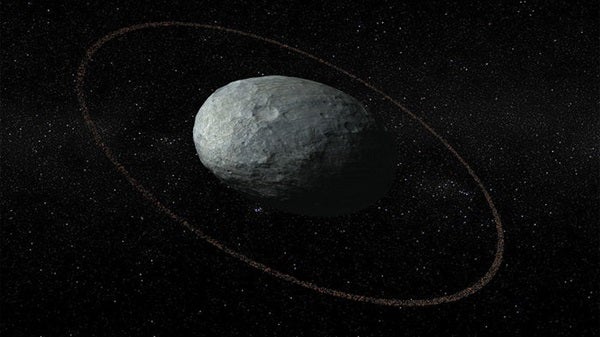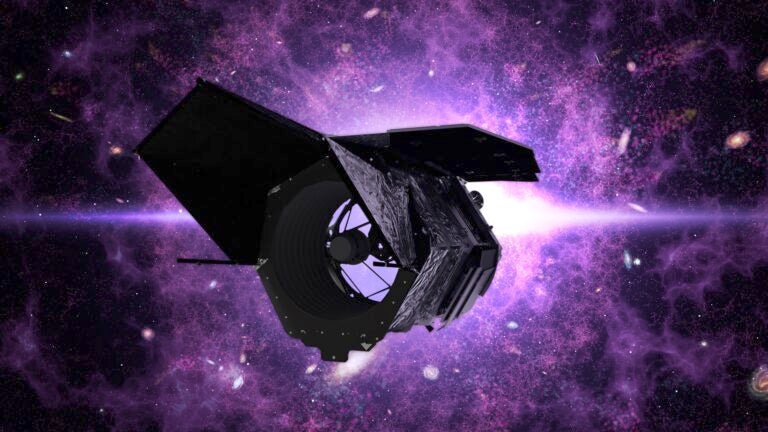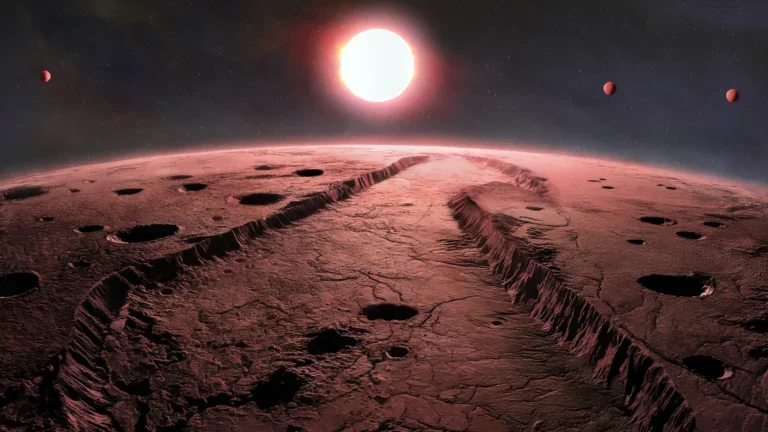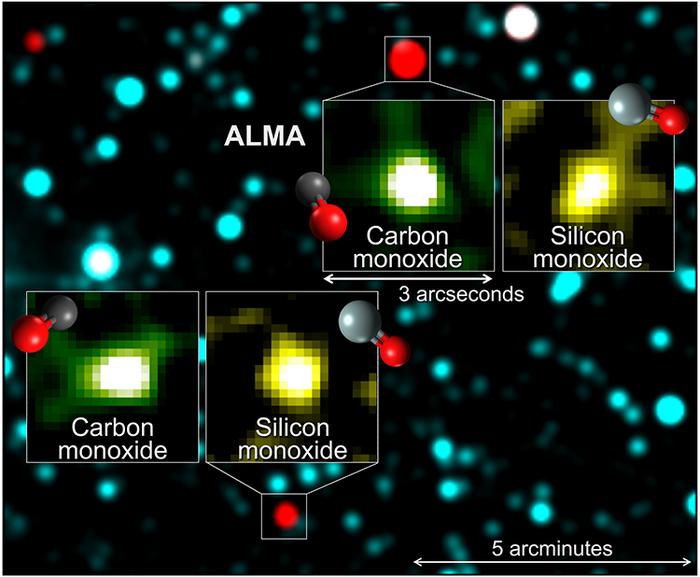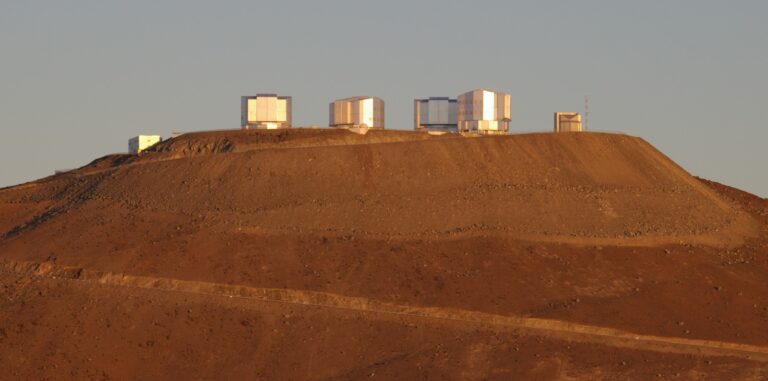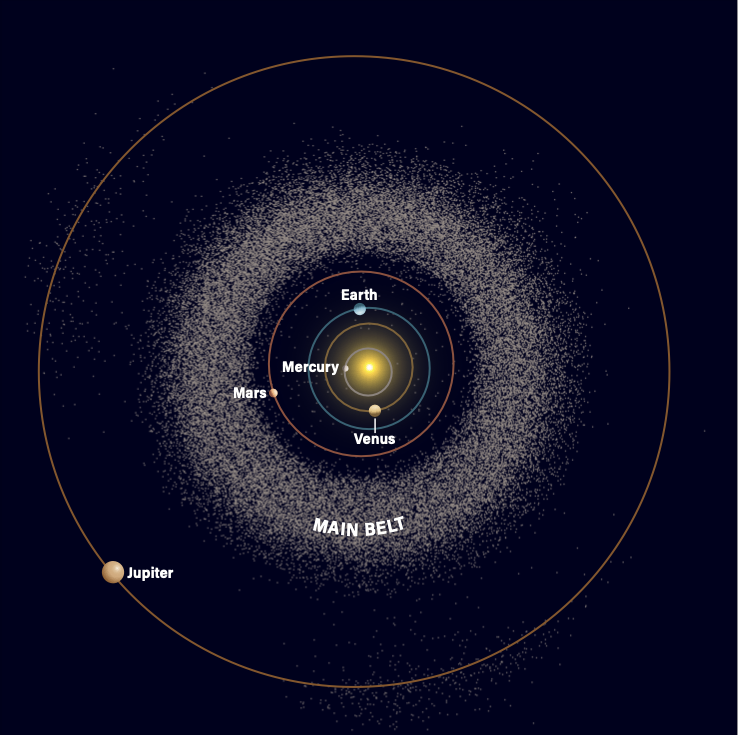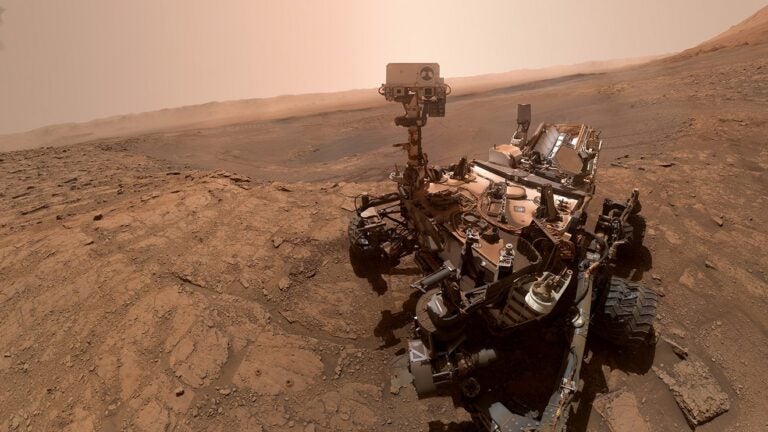Something large smashed into the world, rendering it unable to fall back into a circular shape because of its small size. Instead, it more has the dimensions of an ellipse or grain of rice. The collision also left behind a few small moons and a trail of debris. And, as a paper published Wednesday in Nature demonstrates, it left behind a ring of material, too.
This isn’t the first small solar system body discovered to have a ring. 10199 Chariklo, which is the largest of a class of objects called “centaurs” hiding out between Saturn and Uranus, has a ring, as does fellow centaur 2060 Chiron. Both those worlds are on the smaller end of the dwarf planet spectrum. Haumea, on the other hand, is roughly six times bigger than Chariklo, making it way smaller than our Moon but now the fifth-largest object in the solar system to have a ring, after Jupiter, Saturn, Uranus, and Neptune.
Haumea is elongated in shape and rotates quickly, about once every four hours. These two properties are believed to be related.
The discovery was made by a Instituto de Astrofísica de Andalucía-led team as Haumea passed in front of the star URAT1 533-182543. (Two locations were used to observe the transit, also called an occultation.) The ring is thin and about 70 kilometers (44 miles) wide. This occultation also helped the team determine whether Haumea hosts an atmosphere, which it does not appear to have.
The paper further speculates that rings like this could be more common in the outer solar system, which contains much of the debris of our system’s formation.

